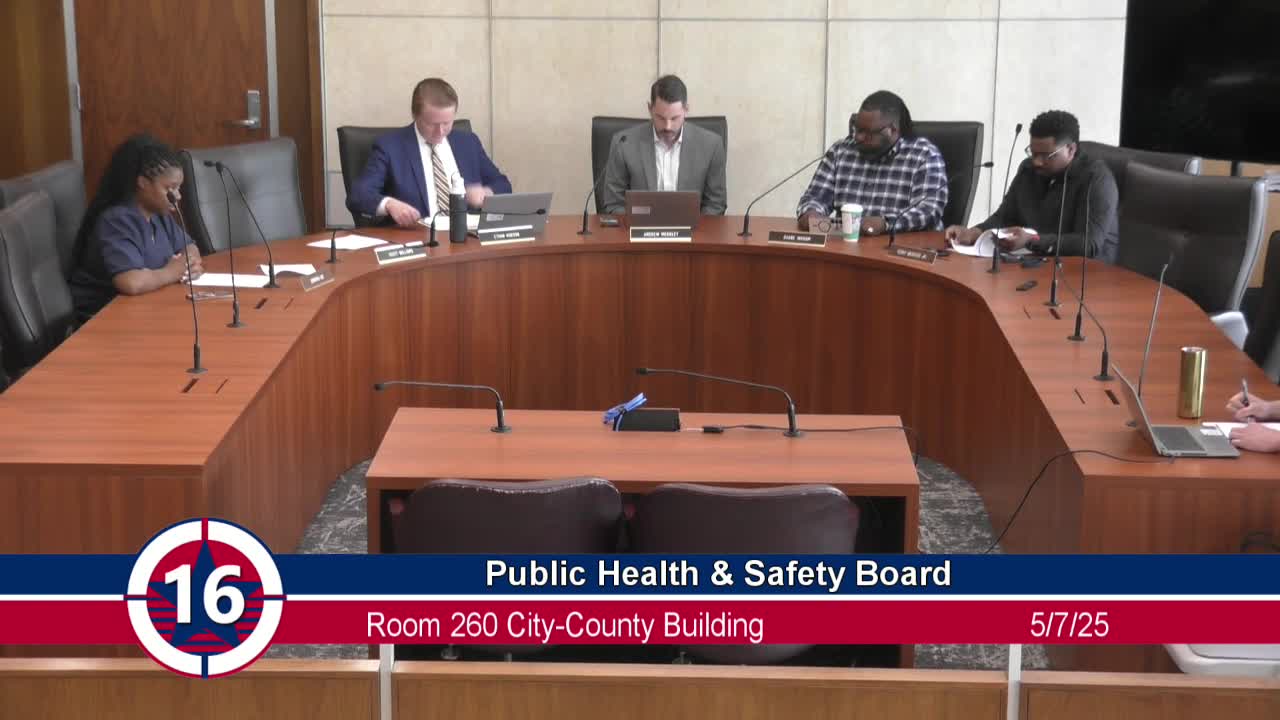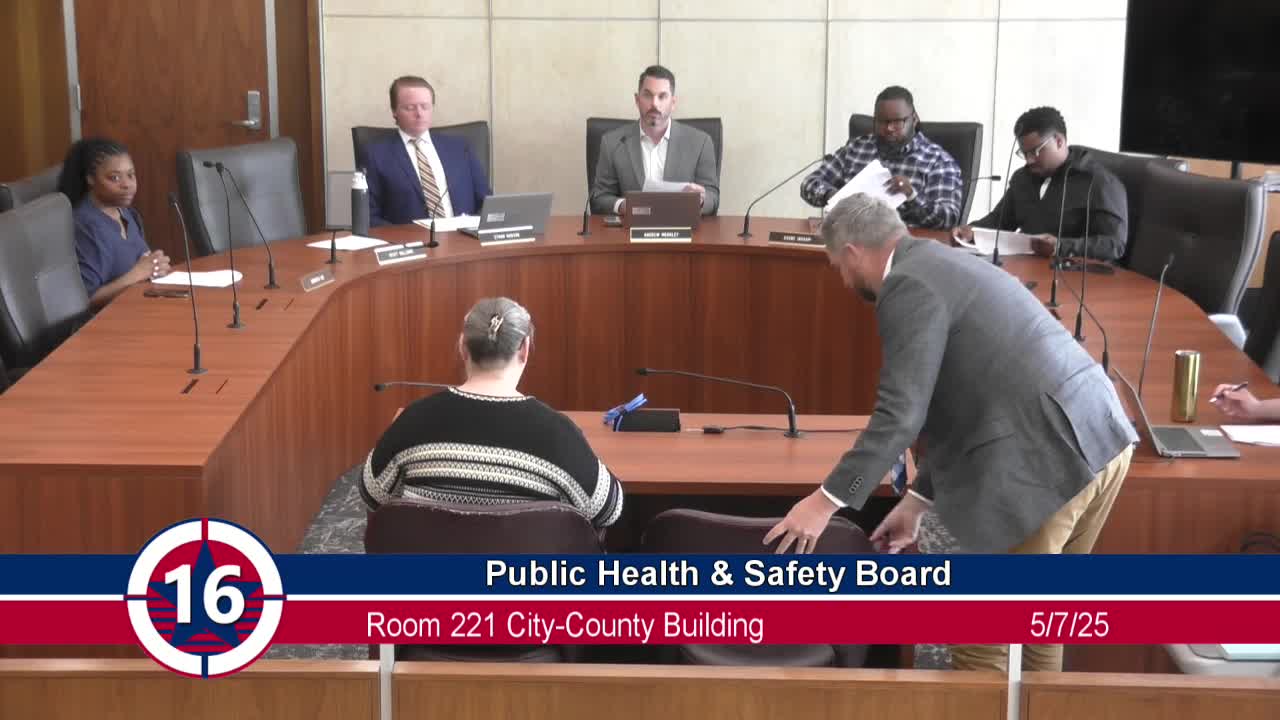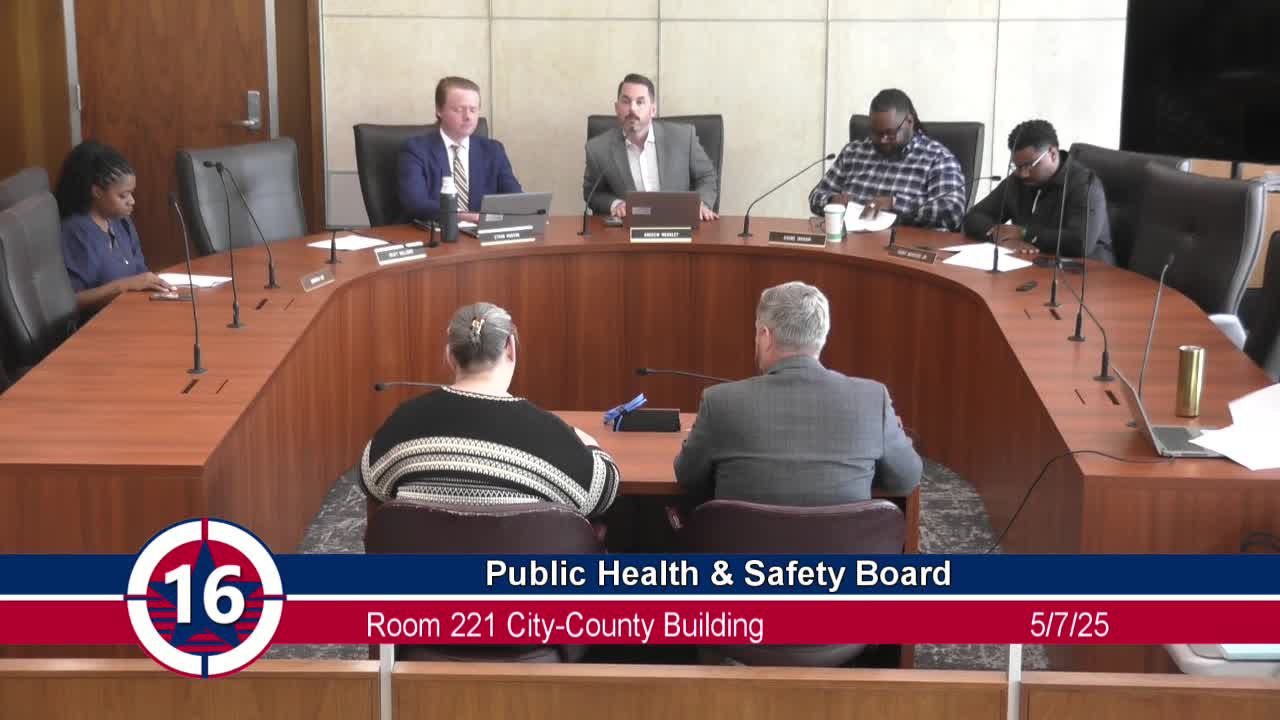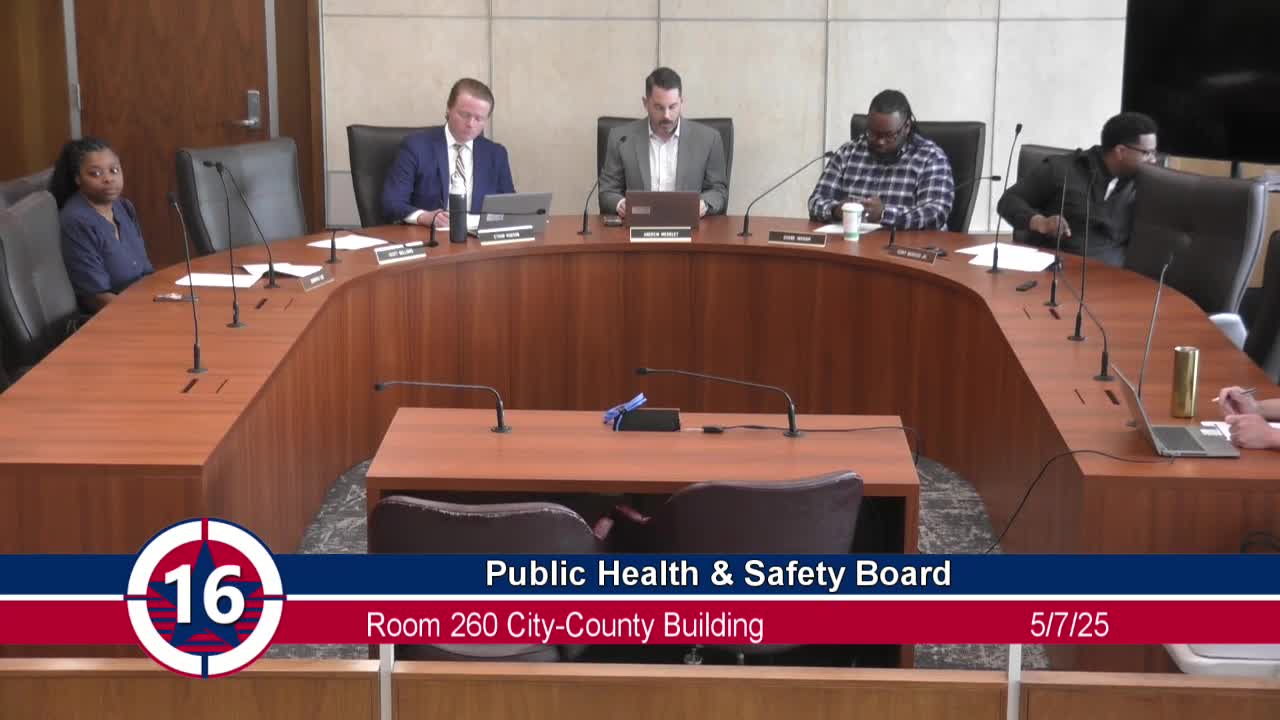Article not found
This article is no longer available. But don't worry—we've gathered other articles that discuss the same topic.

Board approves two-year lawn-care contract for fire department properties

Board approves one-year license and service agreement for Iris platform, funded by smart policing grant

Board approves second on-call counseling contract for IMPD, funding restricted to general fund

